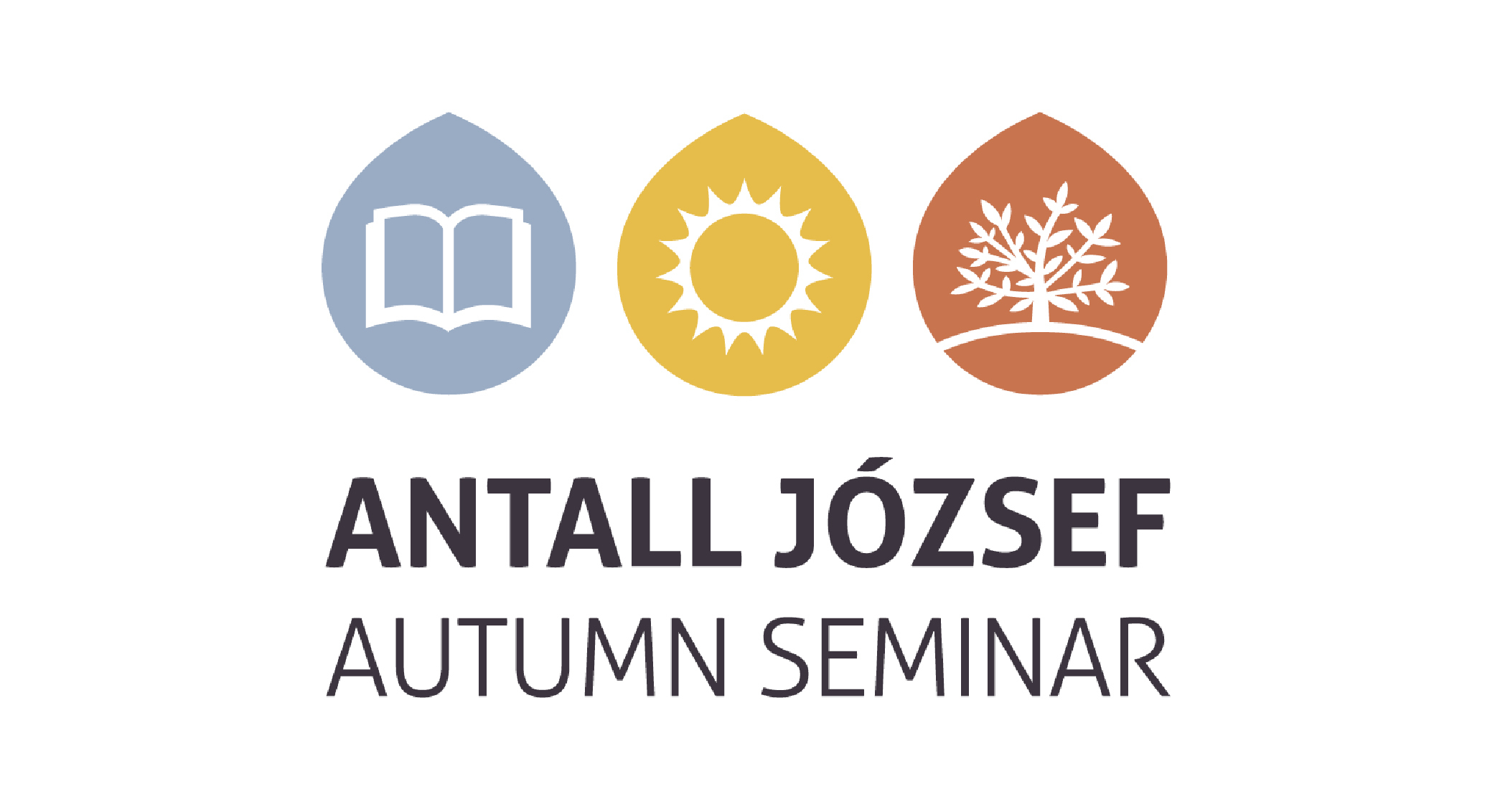Timeline

AJSS 2013
The Antall József Summer School 2013 aimed to thoroughly introduce the economic, political, and cultural relations of the Central European region in general and the Visegrad Cooperation in particular. In so doing, six topics were examined; that is, history, economy, energy policy, foreign and security policy, culture and tourism, as well as future perspectives.


AJSS 2014
The Antall József Summer School was organised for the second time, focusing on the 25th anniversary of the regime change.



AJSS 2015
With a special emphasis on the Dayton Peace Agreement signed 20 years ago, the third instalment of the Antall József Summer School was organised between 6 and 17 July.


AJSS 2016
The fourth instalment of the Antall József Summer School revolved around the 25th anniversary of the formation of the Visegrad Cooperation.



AJSS 2017
The 2017 Antall József Summer School examined the position of the Visegrad Countries within the European Union, commemorating historic milestones such as the 60th anniversary of the signing of the Treaty of Rome, the 25th one of the Treaty of Maastricht, and the 10th one of the Treaty of Lisbon.


AJSS 2018
Priority topics discussed during the 2018 edition of AJSS in the form of lectures, panels, workshops, and simulations included the future of the Euro-Atlantic cooperation, current security challenges in the region, cyber security, and current trends in the V4’s foreign relations.



AJSS 2019
The AJSS 2019 edition revolved around the role of the Visegrad Countries in international and regional organisations, such as the European Union, NATO, and the OSCE.


AJAS 2020
The Antall József Autumn Seminar was organised for the first time between 22-27 November 2020. Due to the pandemic situation this international educational programme was held in a fully online format, with the participation of young professionals and students interested in the Central European region from all over the world. With the help of national and international experts participants were able to better understand the Visegrad Cooperation and the region in general. The event focussed on providing a thorough picture of the Central European intellectual and cultural heritage in addition to boosting intercultural learning.

